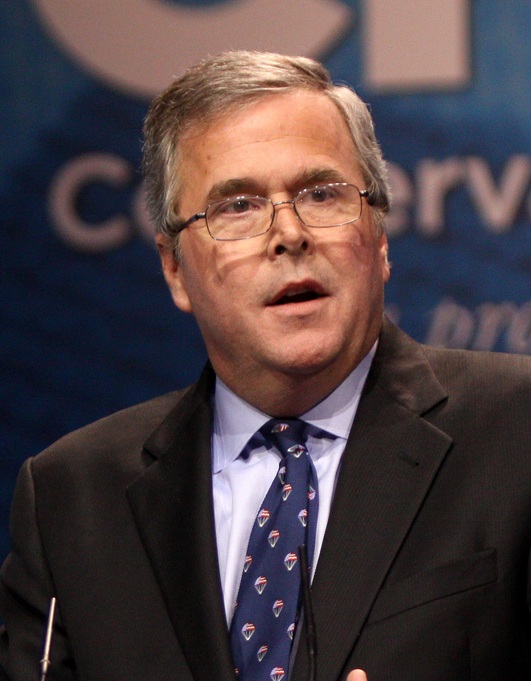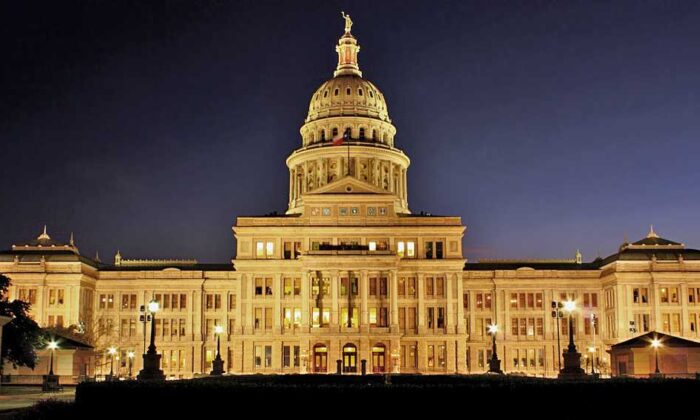WASHINGTON, October 19—Speaking on the Senate floor last night, Sen. Sessions announced he would be introducing three amendments to put an end to billions in unnecessary spending through waste, fraud, abuse, and gimmicks. A summary of Sessions’ amendments follows:
• Elimination of categorical eligibility for the food stamp program—Under current law, individuals often become automatically eligible for food stamps simply by receiving a separate government benefit—regardless of whether they meet specific food stamp eligibility requirements. As Sessions noted, “In one state… if a person uses a pregnancy hotline, apparently, their assets are overlooked and they can qualify for food stamps… In many states, all that is needed to become food stamp eligible is to be mailed a brochure by the government… regardless of the assets the individual might have.”
• House of Representatives levels on food stamp funding—Senate Democrats propose an additional $9 billion in funding over last year’s level, which would amount to a quadrupling ($20 billion to $80 billion) since 2001. Preventing this $9 billion increase would save nearly $100 billion over 10 years, assuming no other increases. The number of people using food stamps has increased seven-fold since the program’s national expansion in the 1970s—with nearly 1 in 7 Americans now receiving benefits. Meanwhile, food stamp funds have been wasted, mishandled, and misused. In one notorious case, a defendant in the “Operation Fast and Furious” scandal was a food stamp recipient at the same time as he was buying more than 300 high-powered assault rifles and other weapons. In another case, a Michigan man was able to continue receiving food stamps after winning $2 million in a lottery because his winnings were counted as an asset rather than income.
• No CHiMPs that don’t save money—This amendment would create a 60-vote point of order against any appropriations bill if it includes CHiMPs (changes in mandatory programs) that do not reduce outlays over the ten-year window. CHiMPs is a commonly used gimmick that has resulted in at least $72 billion in deficit spending since 2005.



















It is wonderful to see some action being taken to reduce fraud and abuse, but I am sure there are other programs and departments which need a serious examination for wasteful and unecessary spending as well.